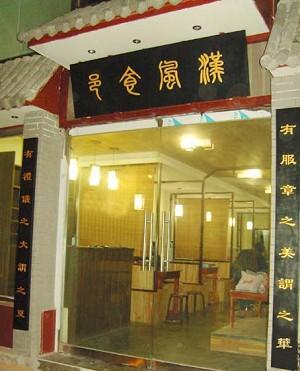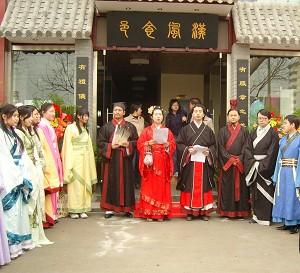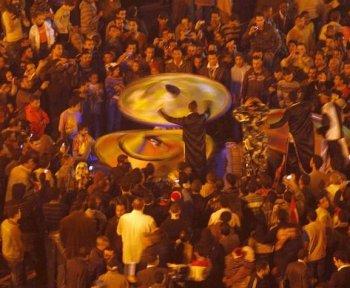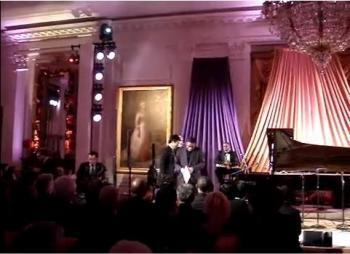The grand opening of Beijing’s first Han Dynasty theme restaurant on March 24 attracted nearly one hundred customers. The Hanfeng Shiyi restaurant is not only constructed in the Han style with waiters and waitresses in traditional dress, but customers also don Han outfits.
Restaurant founder Shaofong, 30, hopes to use the restaurant to promote traditional Chinese culture. Customers can choose among hundreds of Han style outfits upon entering the restaurant. While they eat, they sit in traditional Han style—cross legged on the floor.
In addition to food and décor, the restaurant has information on several cultural topics posted for discussion and hosts traditional culture classes every weekend. The restaurant also puts on special events during traditional Chinese holidays.
Shaofong graduated from a professional art college in China and began to publicize Han style fashion and traditional Chinese culture classes last year.




